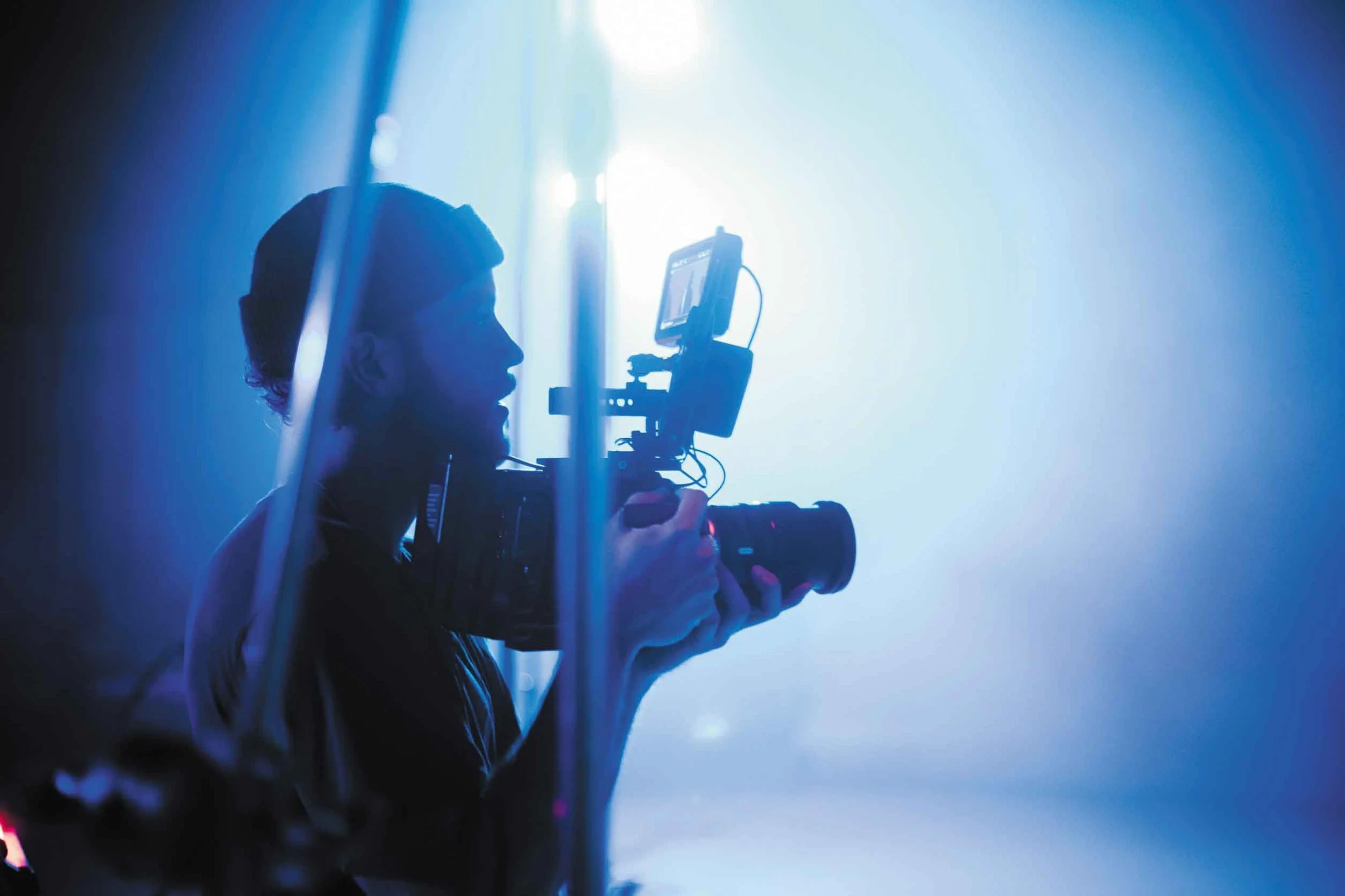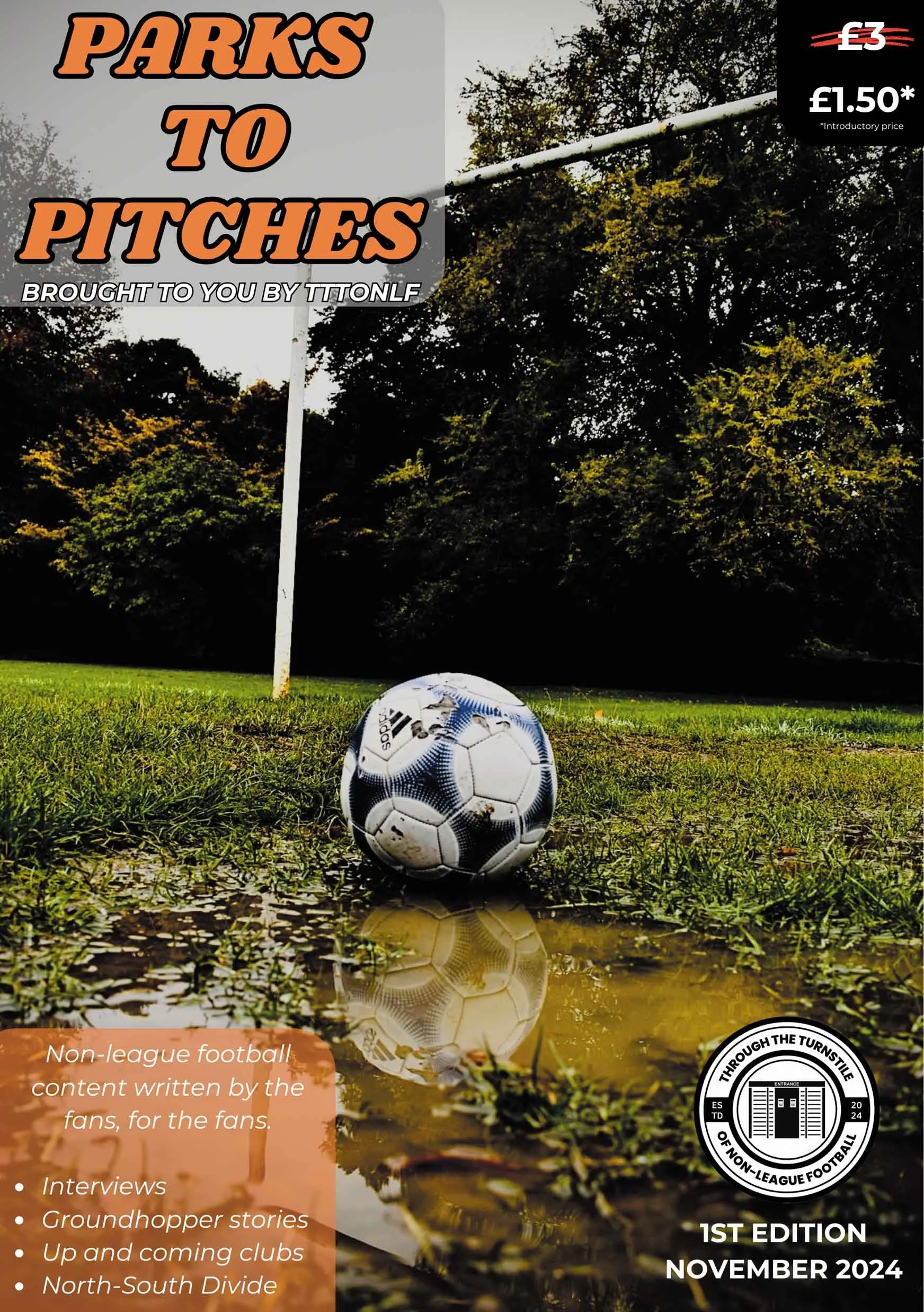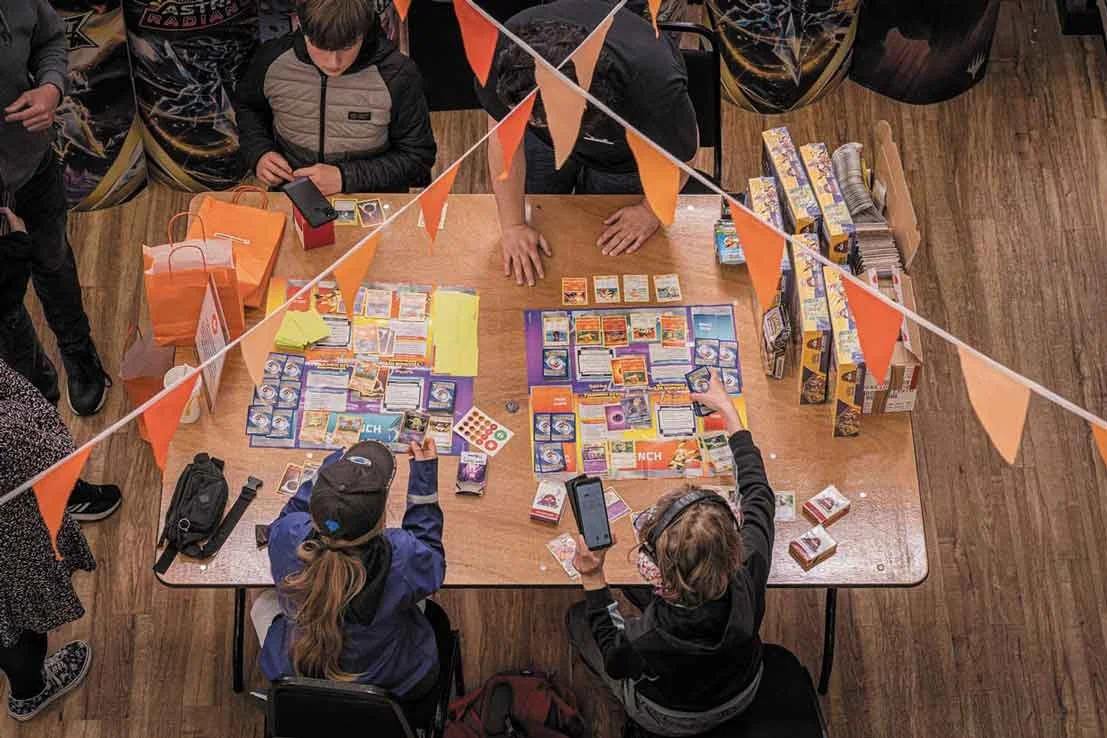String Theory: The West Kent guitar strings famous around the world
West Kent’s Rotosound strings - used by The Beatles, Oasis, Blur and, well, just about everybody - span the generations and continue to reverberate around the world
“The big one is when you’re watching The Beatles on the Apple building…”
A household name in the industry, but perhaps less familiar outside it, Rotosound (@rotosound_uk) strings have been feted and endorsed by icons of music for 60 years.
From Paul McCartney using the company’s black nylon bass strings during The Beatles’ infamous performance atop the Apple building to supplying today’s punk pacesetters like Idles, the reverberation of Rotosound strings has hit all corners of the globe… but did you know they are made right here in Kent?
In 1952 James How, a violin student with a diploma in engineering, fell in love with the sound of the zither after watching the film The Third Man and took to learning the 32-string instrument.
After hours of playing, James ran out of zither strings and, using his knowledge of acoustics, harmonics, engineering design and construction, he designed himself a winding machine capable of producing strings.
Going into business with his brother Ron, the Orchestral & Jazz Strings brand started in Blackfen, Sidcup, before eventually being renamed Rotop. Among its first clients were The Shadows, The Beatles, The Rolling Stones and the London Symphony Orchestra.
Now named Rotosound, the brand sends strings to more than 60 countries from its factory in Sevenoaks and is headed up by James’s son Jason.
With an almost encyclopaedic knowledge of artists and their instruments - though Jason just refers to it as music geekery - Jason took up the reins when his father grew ill and passed away in the1990s.
“It was about four or five years of severe firefighting, trying to try to get everything right,” he recalls. “And, you know, fortunately, we got through that period and came out the other side on top. In the 90s, the business could have gone, for sure, or been bought out by another, larger brand.”
Thankfully, things steadied and production processes were updated, but even today there remains an element of the original machinery still putting the strings together, making a tour of the factory something that a lot of the artists still like to do. Traditional principles remain at the centre of the Rotosound business, with road reps still heading off to see customers at more than 500 locations in the UK - something many competitors did away with after the pandemic. In fact, ‘cene magazine and Rotosound found each other at Elephant Music in Gravesend. Old school, eh?
This golden heritage of the brand means it is still the go-to for so many modern high-profile artists, from Blur’s Graham Coxon to emerging punk outfit Feet.
THE BEGINNING
Looking down the list of Rotosound users, there’s certainly a distinct leaning towards the rock, punk and indie genres. There is also a clear inheritance of brand loyalty down the years.
“It can be very hard to get people to move over to another brand,” says Jason. “Strings are weird. It’s not like if you want to buy a sofa, you like it and you buy it, you know. With strings it’s like, oh, I’ve got to have that brand. Even guitar straps are not brand-specific. People buy straps because they like the look of the strap.
“And, you know, most artists’ favourite guitar is going to be something made in the 1950s or 60s. Anything modern? Forget it. They don’t want new. They’ll say ‘What was that sound on that album?’. And it’s generally old gear they want.”
From John Entwistle of The Who to Paul Weller and Sting to Hugh Cornwell of The Stranglers, the British alternative and DIY music scene has embraced Rotosound for generations.
“I think because it’s a British brand and Rotosound was selling into a lot of British music shops - those bands in those genres were only just kind of emerging, so they wouldn’t have necessarily had string endorsements, they’d just be buying from the music shop,” says marketing manager Jack Dunwoody. “Those musical genres like punk and Britpop are British genres. I think that has a lot to do with why they ended up picking up the strings and then continuing to use them.”
Britpop, led by the likes of Oasis, Pulp, Supergrass and Kula Shaker, was heavily influenced by the 60s, with many of the key players using Rotosound strings to recreate those magical sounds for a new era.
Jason, who plays in punk bands himself, believes that generational influence plays a huge part in the longevity of the brand despite its relatively small size.
“A good example is one of our artists called Eva Gardner, who plays bass guitar for Pink,” he says. “Her father was quite a famous bass player back in the 60s and 70s. And she learned to play the bass from a very young age. And that was what Dad used.”
Looking back, the highlights of the company are plentiful and varied. Ambassadors of Rotosound include Duff McKagan of Guns N’ Roses, Jimi Hendrix, Roger Waters of Pink Floyd and Krist Novoselic with Nirvana, but it doesn’t get too much bigger than having the affirmation of The Beatles.
“The big one is when you’re watching The Beatles on the Apple building playing Get Back and Paul McCartney is using our black nylon bass strings - you know, those strings are so distinctive,” says Jason. “There isn’t another string that’s black with the yellow silk thread on the end. That’s always amazing.”
When George Harrison’s guitar went up for sale at Sotheby’s Auction House in 2019, finding a pack of Rotosound strings in the case was just one more brilliant moment in a long line of brilliant associations with musical icons.
“That was great because we didn’t have anything really written down that The Beatles had used the strings,” says Jack. “As Jason said, there was a colour video of Paul McCartney using the bass strings, but other than that it was kind of word of mouth.
“With the guitar string, there’s no real way of knowing what strings that person’s using - they all look the same. So, when we saw in this auction for George Harrison’s guitar the Rotosound strings in there, that was a special one.”
WEB: rotosound.com











